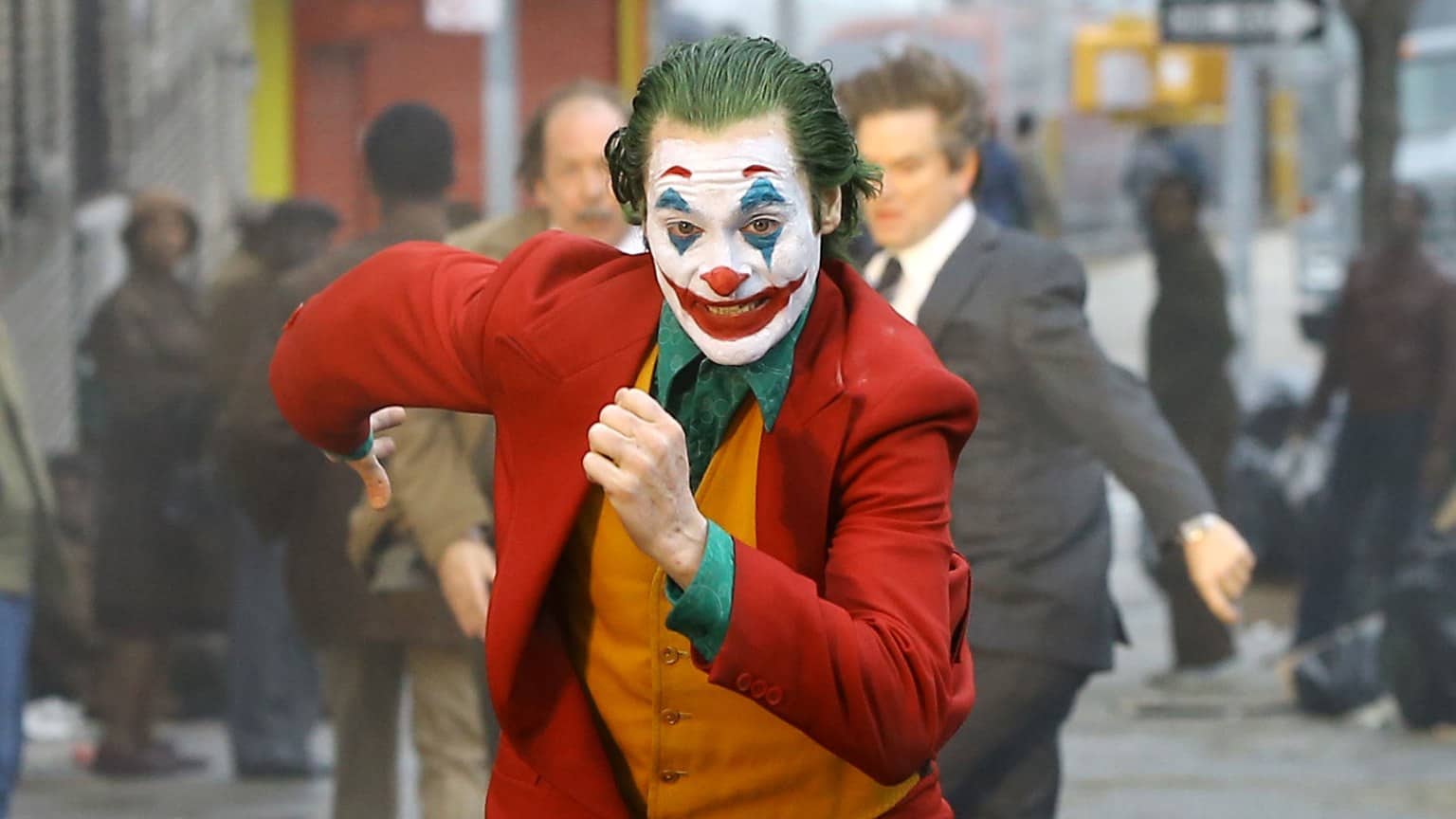In the lead-up to the 2020 presidential election, I had an idea for a TV show that I think could quite possibly save the world. It's a U.S.-based show, so in fact, perhaps, it might only save our country (but given our nuclear arsenal and disproportionate influence around the world, mayhap the world is right!).
The concept is (and, I officially submit it here for consideration):
A weekly news / talk program which features three guests and a host / moderator (ideally me, but if someone else takes on the project, I just ask for an associate producer credit {as well as the asidementioned 0.003% of all profits}). The guests are completely randomly selected from across the country (and of course, because of my self-sabotaging tendencies my primary focus thus far on this project has been on how, precisely*, to define a randomly selected person in America), and each of the guests would be asked to submit a topic for conversation - whatever they are either most interested in or feel they would most like to cover - and then the four of us (3 guests plus the moderator) spend an hour or so talking about those topics. Prior to each episode, the moderator would generalize and contextualize the topics enough so all guests could contribute (and the audience would care)^ and that's the show.I have long suspected that randomly selected people would generally be better at most (general) tasks (like talking on TV or governing, say), if given the opportunity, than those who do it currently who have foisted themselves upon us. I dare say that if we were to repopulate the entirety of the Halls of Congress (as well as all of the state legislatures and city halls) with randomly selected citizens of their respective states and districts a lot more generally good things for most people would get done more often. I'm not the first to have this idea, and I must admit that in our current hyper-polarized climate I would be more than a little worried at who, exactly, would get selected in the first few cycles. Information is the gasoline for a democracy, and we are currently living in a bad information age (think sugar in the tank).
Although we are living in the age prophesied by The Colbert Report - and beyond, where truthiness has given way to Choose-Your-Own-Truth-Venture where what you want to be true becomes true, because it supports your already existing pre-conceptions. However, I don't think the state we find ourselves in just now needs to be permanent or even particularly long-lasting. The main problem we have in our current culture is the monetary value of leveraged truths. Getting people to believe your version of the truth is worth so much money to so many interests in terms of media messaging, political fundraising, and expenditures in our managed economy (i.e. which winners & losers we pick going forward) that the practice of swaying opinion is more important in most parts of our civilization today than actually studying to learn any particular truth. A debate over whether Climate Change is real is worth much more to capitalism writ large than actually investing in combatting climate change (which, for the record, is real).
This doesn't need to be a permanent state of affairs, however, it needs to start with a majority of humans deciding and then actively advocating for the fact that improving the lives of the majority of humans is more important than continual marginal gains year over year in the Dow Jones Industrial and everyone's 401(k)s and capitalism's perpetuation. That doesn't even have to mean, necessarily, that we need to end economic growth or overthrow capitalism... it just means that we have to agree that helping out the vast majority of humans so they can have adequate food, shelter, and dignity is at least slightly more important than 6% annual growth in your (and EVERYONE's) portfolio. That's it, that's the ask, and it is astounding to me (and yet hauntingly familiar to me) that this is not a consensus proposition in America... at all.
* The random selection process would be a part of the weekly broadcast (or a separate "mini-episode"), and would entail some pomp & circumstance. Because not every person in America will willingly partake, I think the best way to select a person is to first choose a community randomly (which can be done by a series of "weighted rolls" - e.g. if California is 70 times more populous than Wyoming, it would get that weighted probability and so too would every other state; from there, a county is chosen in the same way and so on down, until we get to a specific neighborhood, village or city block). The plan would be to offer a month of free, high-speed wifi in their area as well as a goPro or similar easy to use, low-cost web cam to the chosen guests both as a thank you and a way to convince people to take part.
^ Ergo, if guest #1 says what is most important to him is his neighbor's tree branches encroaching on his yard and dropping leaves all over his yard and he should be able to make his neighbor come over and rake because it's the latest tree to drop leaves in the whole city, and always after the city's yard waste pick-up has ended and I hate MY NEIGHBORS AND THEIR SCREAMING KIDS IN THE BACKYARD... ahem... - that conversation for the panel may be neighbors and community changing over time from front porches to fenced-in back yards to NextDoor...



